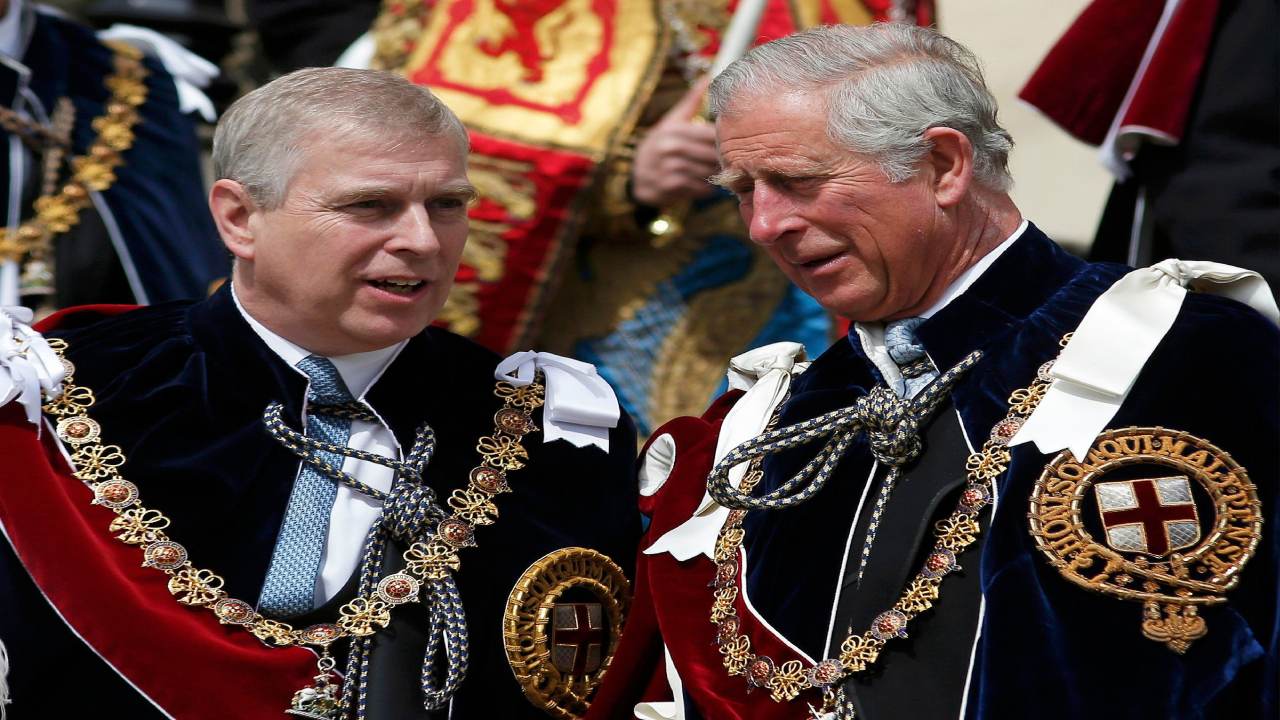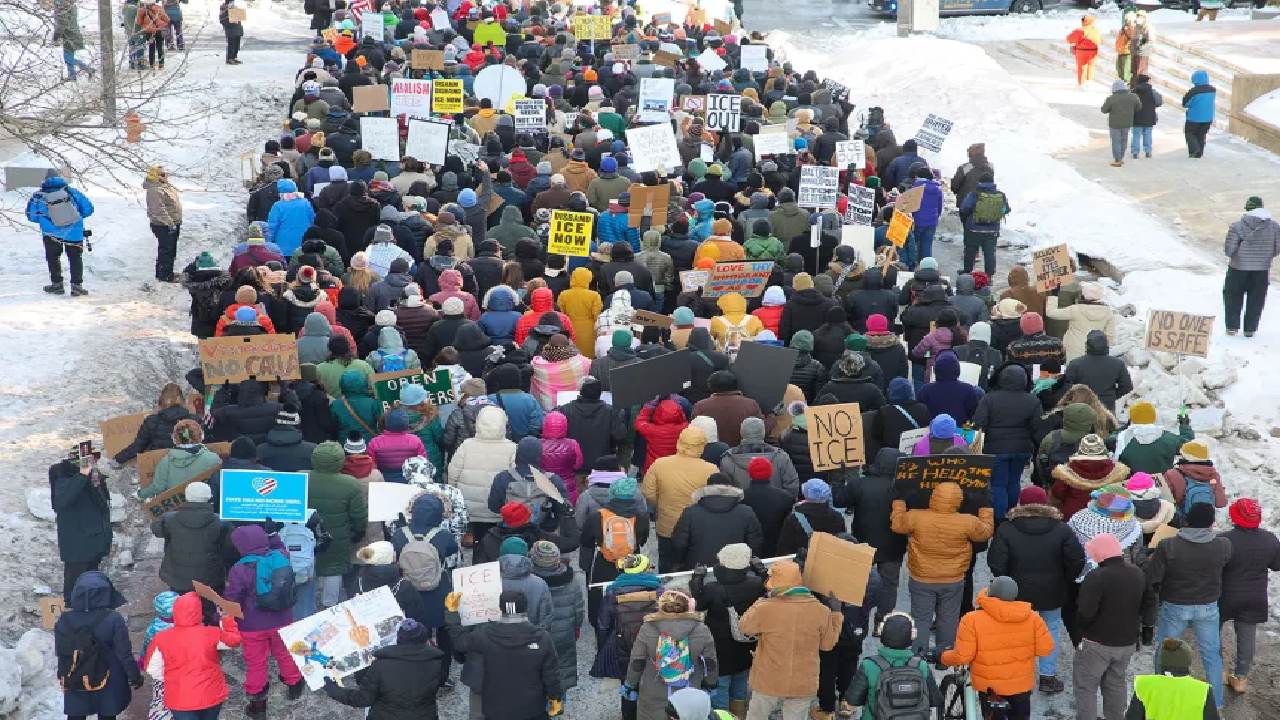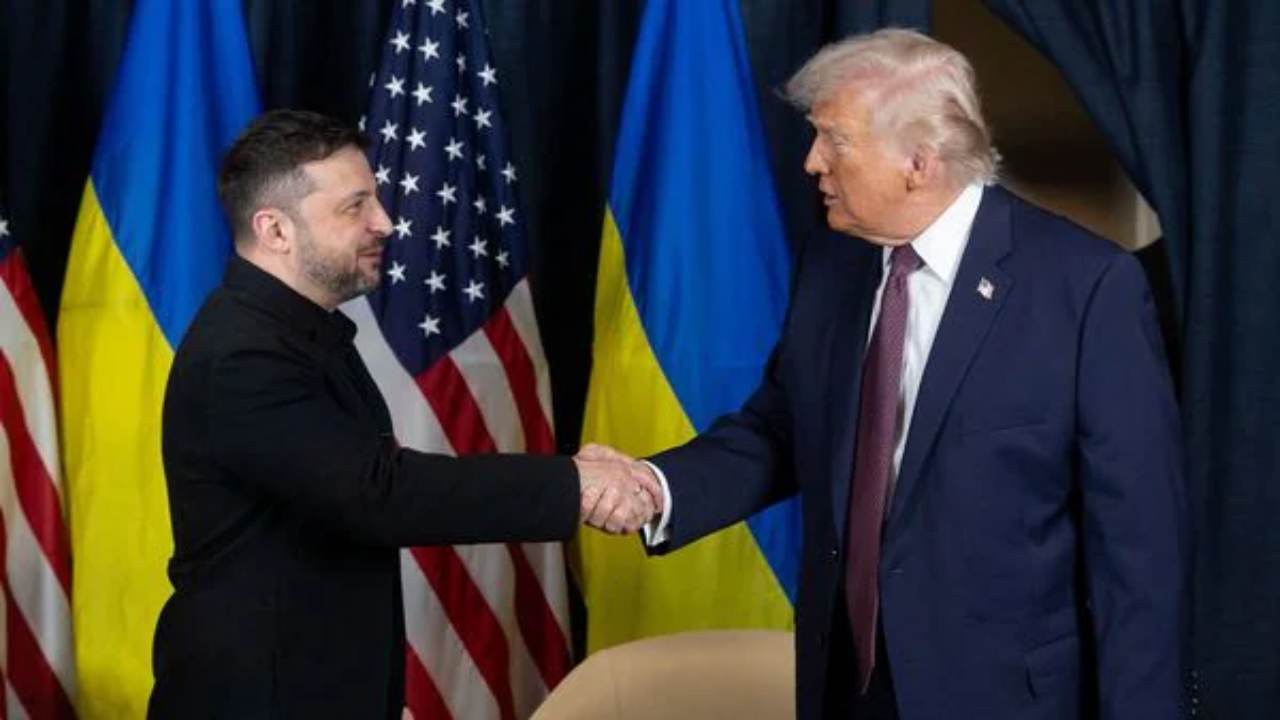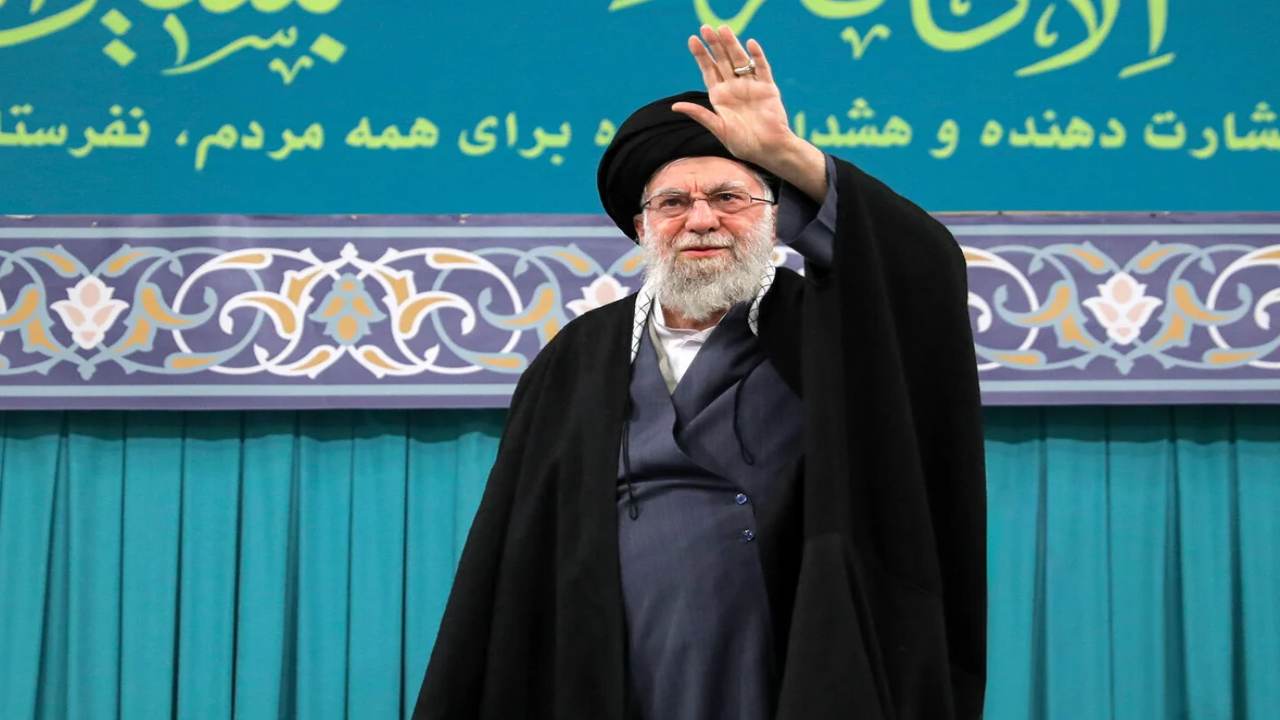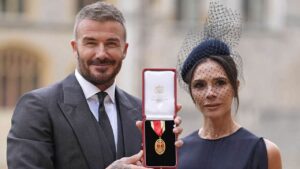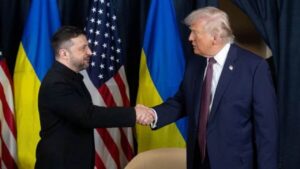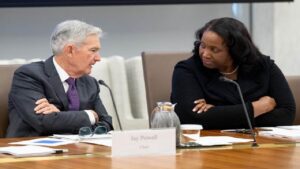King Charles Finally Banishes His Brother But Is It Too Little, Too Late?
Ohana Magazine – In one of the most dramatic moments in recent royal history, King Charles III made a decisive move: he stripped his brother Prince Andrew of his princely title and ordered him to vacate Royal Lodge, the grand 30-room mansion he had called home for over two decades.
The announcement from Buckingham Palace came abruptly on Thursday night and immediately dominated headlines across Britain. For 65-year-old Andrew, now known simply as Andrew Mountbatten-Windsor, it was the ultimate humiliation a final step into exile and obscurity after years of scandal.
The decision came after renewed anger over Andrew’s ties to Jeffrey Epstein, the late convicted sex offender, and the release of Virginia Giuffre’s memoir, which reignited global outrage. With pressure from the public and politicians mounting, the King decided it was time to act.
A Long-Awaited Reckoning for Prince Andrew
This downfall didn’t happen overnight. Andrew’s public role had already collapsed in 2019 after his disastrous television interview about his friendship with Epstein. Though he stepped back from royal duties, he continued to live on the Windsor estate, drawing criticism for enjoying royal privileges without responsibility.
Earlier this month, he voluntarily gave up his remaining royal honors and titles, claiming he wanted to put “duty to family and country first.” Yet that gesture failed to satisfy the public. Many saw it as a symbolic move rather than true accountability.
By Thursday, King Charles made the decision himself. The palace confirmed Andrew had no influence over the outcome. Importantly, the official statement included an expression of solidarity with victims of abuse, highlighting the moral tone of the King’s actions.
“Read More : Dutch Centrist Party D66 Wins Election, Rob Jetten Set to Become Youngest Prime Minister“
A Historic Moment Not Seen Since 1936
Royal experts called this a watershed moment for the British monarchy. Historian Kate Williams described it as “unprecedented in modern times.”
“The last time something like this happened was during the abdication crisis of 1936,” Williams said. “The King’s decision goes far beyond previous disciplinary measures against royals.”
She compared the event to rare historical cases when royal titles were revoked such as Prince Charles Edward, Queen Victoria’s grandson, who lost his title after fighting for Germany during World War I. Still, Williams noted Andrew’s case is unique. “He’s not a traitor; he’s being punished for poor judgment and moral failure,” she said.
By removing Andrew’s titles and forcing him to leave Royal Lodge, Charles signaled a clear shift a monarchy that values accountability over bloodline privilege.
Political Reactions and Public Relief
The King’s move triggered widespread political approval and relief among citizens. Conservative leader Kemi Badenoch called it “a painful but necessary act,” recognizing how difficult it must have been for the King to act against his brother.
Meanwhile, Liberal Democrat leader Ed Davey said Andrew’s position had become “completely indefensible,” arguing that he had “embarrassed both his office and the country.”
On social media, the reaction was swift and emotional. Many praised the King for taking decisive action, saying the monarchy finally listened to the public’s demand for accountability. Others, however, accused the palace of acting too late suggesting the family only moved after their reputation became endangered.
Still, the general tone was one of relief and closure. For many Britons, this moment felt like justice, long overdue but necessary to restore faith in the monarchy.
“Read More : Hurricane Melissa Leaves a Trail of Destruction Across the Caribbean“
Family Tension and Hard Choices
Behind the grandeur of royal protocol lies a painful family story. Insiders revealed that the decision followed weeks of tense discussions between King Charles, Queen Camilla, and senior advisers. The King reportedly made his final decision after learning that Giuffre’s memoir would reignite the controversy.
“Charles saw this as the last chance to protect the Crown,” said one royal insider. “He knew delaying any longer would damage the monarchy’s credibility.”
Prince William was said to have fully supported his father’s decision, believing the royal family could no longer be associated with Andrew’s scandals. Queen Camilla, while urging compassion, agreed that protecting the institution had to come first.
The move wasn’t only administrative it was deeply personal. By forcing his brother into exile, the King demonstrated that no one is above accountability, even within the royal family.
From Royalty to Isolation
For Andrew, the consequences are severe. Without his title, income, or official residence, he now faces a life far removed from the spotlight. Reports suggest he will move into a smaller estate in rural Berkshire, where he’ll live quietly with minimal public contact.
Once known as “the Queen’s favorite son,” Andrew now represents a cautionary tale how privilege and denial can lead to downfall. Royal commentator Richard Fitzwilliams summed it up bluntly: “There’s no road back for Andrew. The royal family has shut the door for good.”
Despite his denials of wrongdoing, public sympathy remains low. Many Britons believe his exile was inevitable, a long-overdue act of accountability within an institution that has often been slow to confront its own scandals.
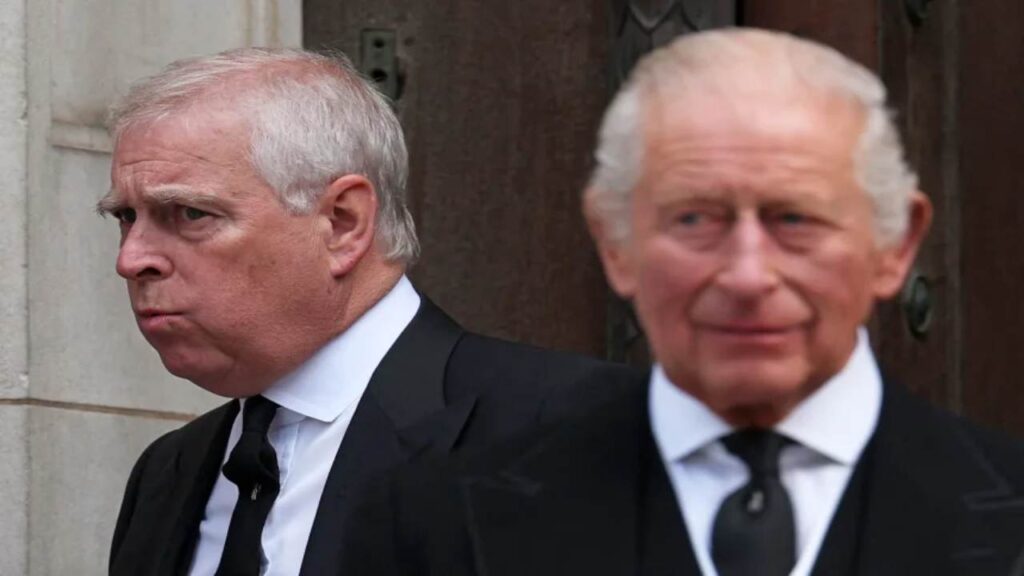
King Charles’ Defining Moment
For King Charles III, this episode defines his reign’s tone one that blends modern accountability with traditional monarchy. By taking bold action, he demonstrated that he values the Crown’s integrity over family loyalty.
Still, the timing raises an important question: Was it too late? Critics argue that the royal family should have acted years ago when Andrew’s controversies first erupted. Supporters, however, see Charles’s move as evidence that the monarchy is adapting to modern expectations of transparency and justice.
As the monarchy moves forward, the King’s decision may be remembered as both a moral stand and a painful necessity. In an era of public scrutiny, even royal blood can no longer guarantee protection from consequence.
